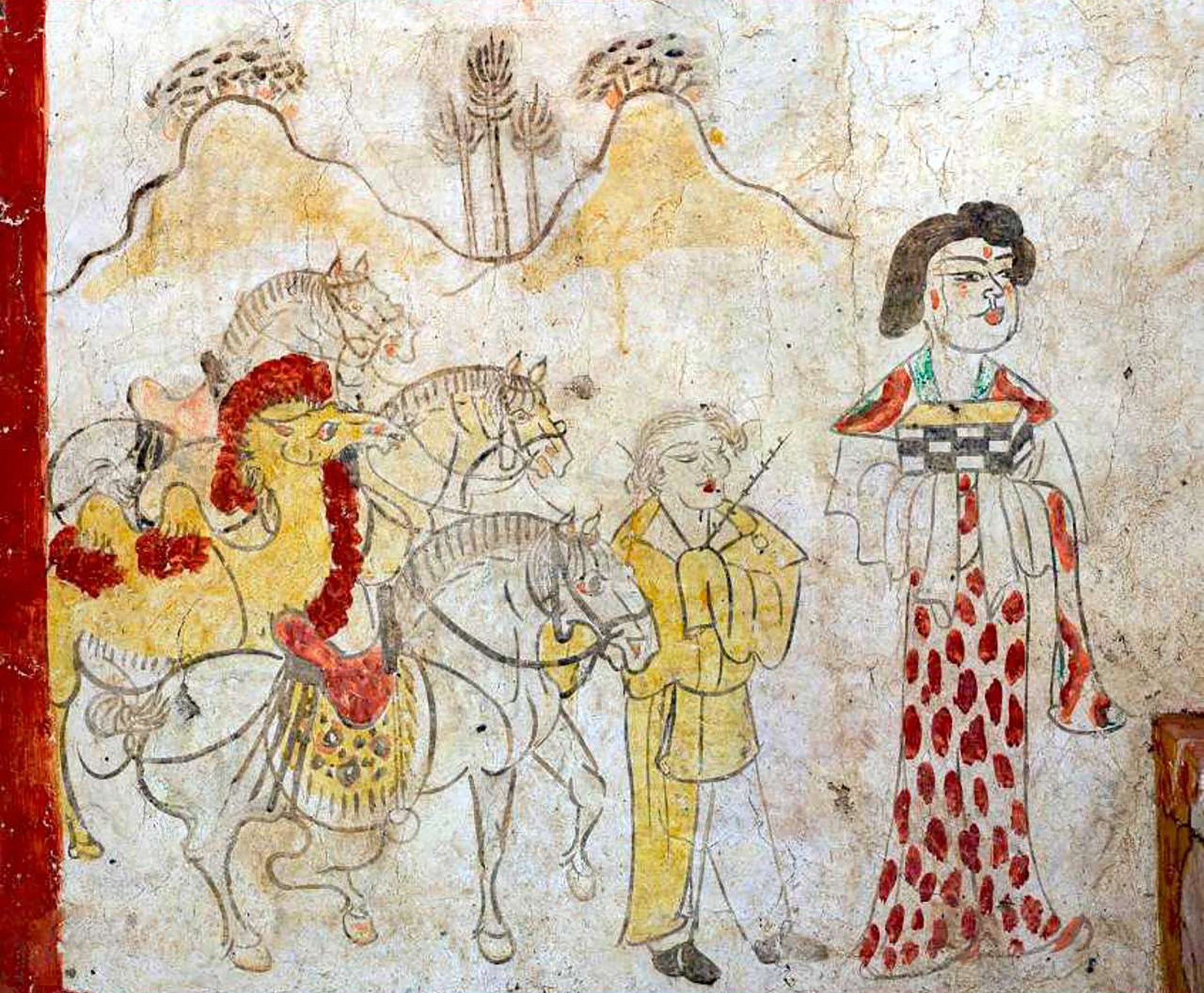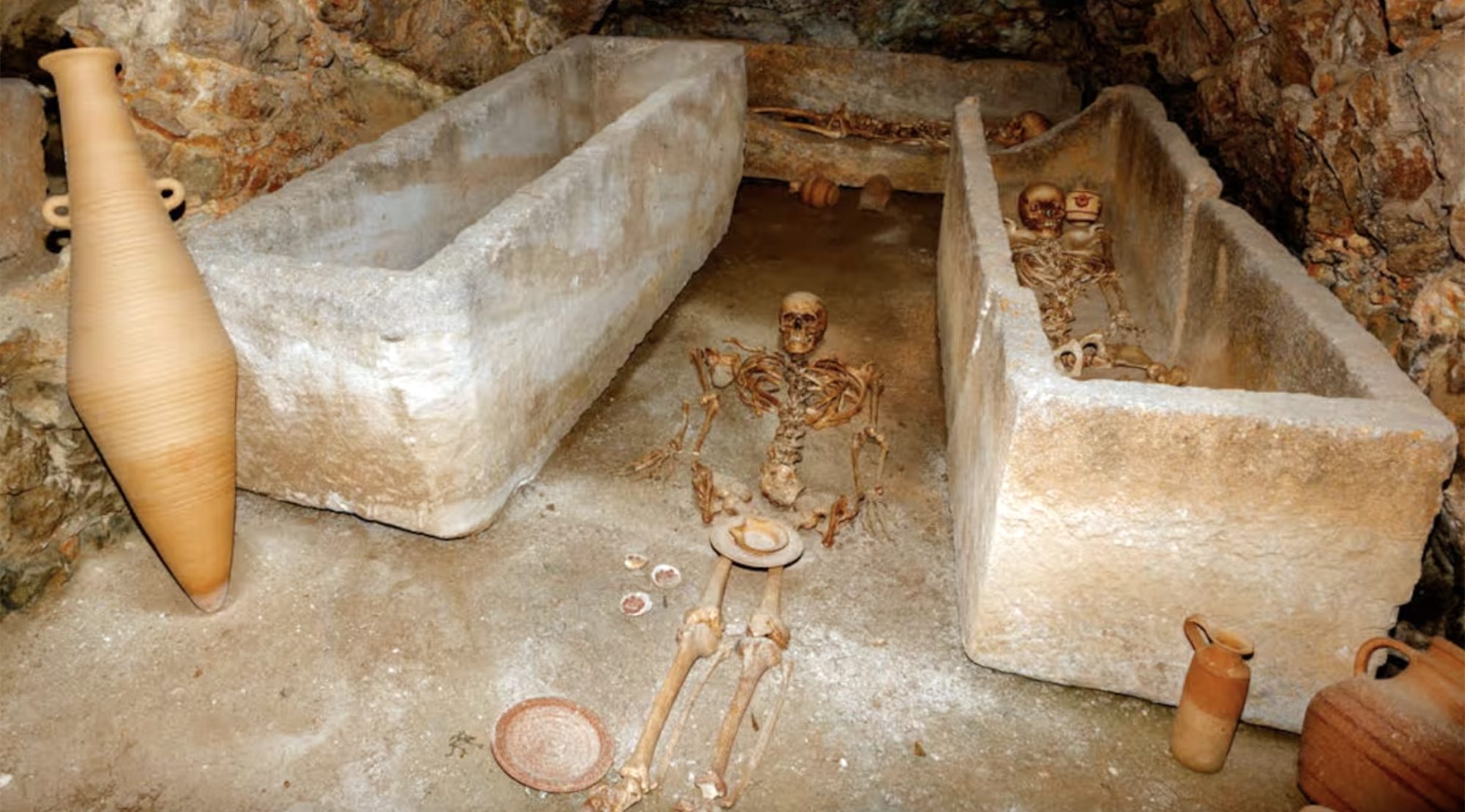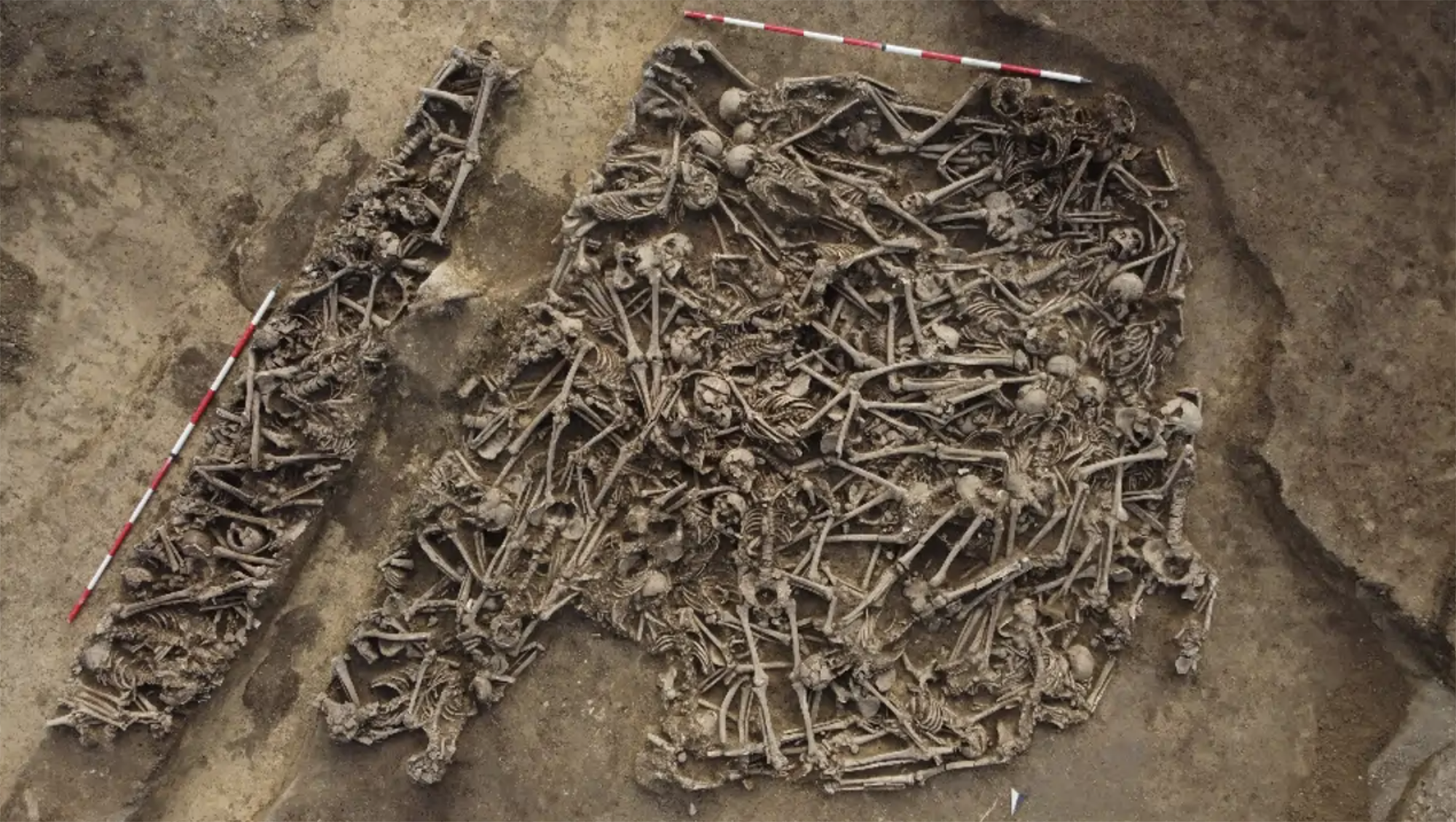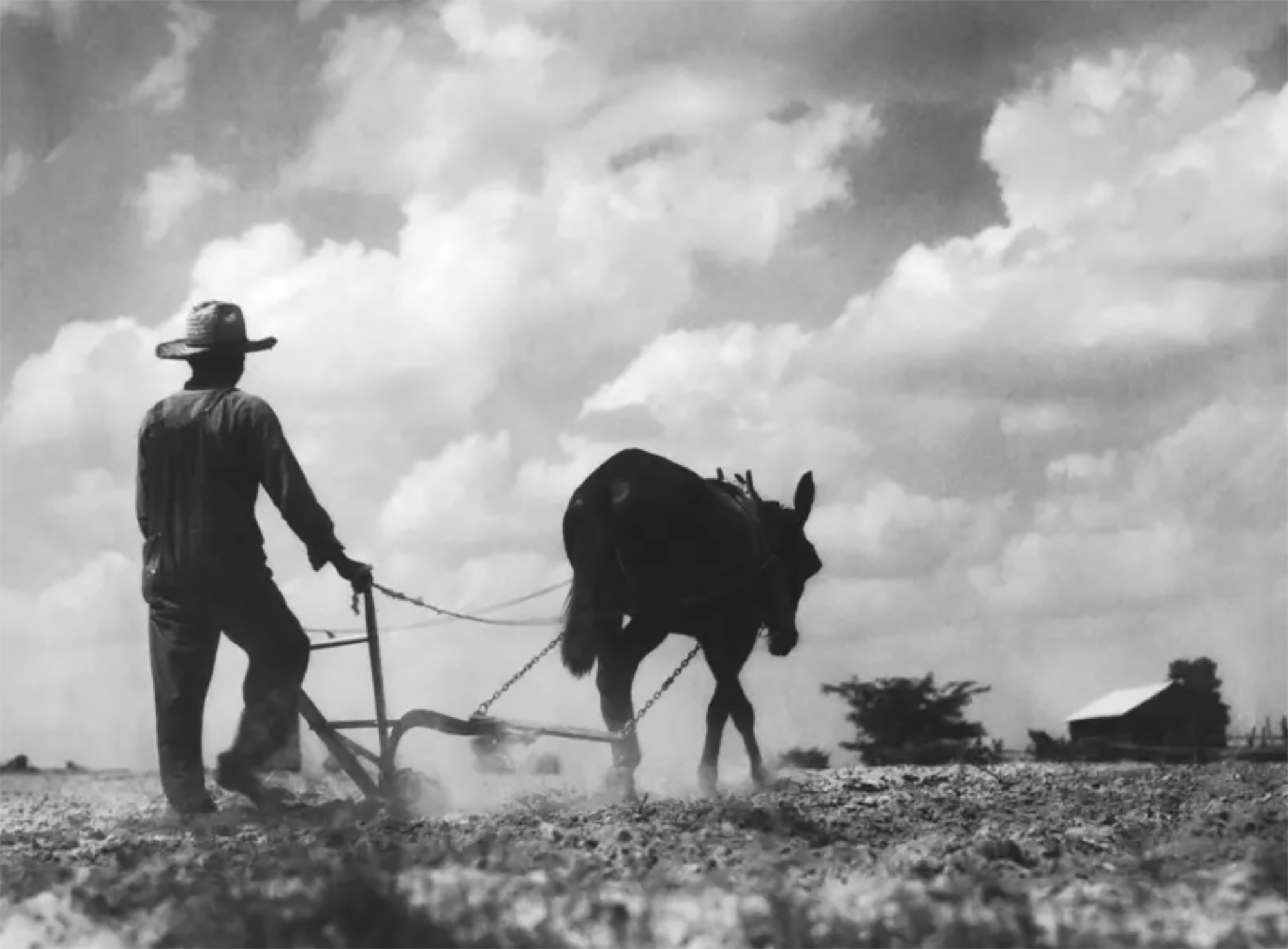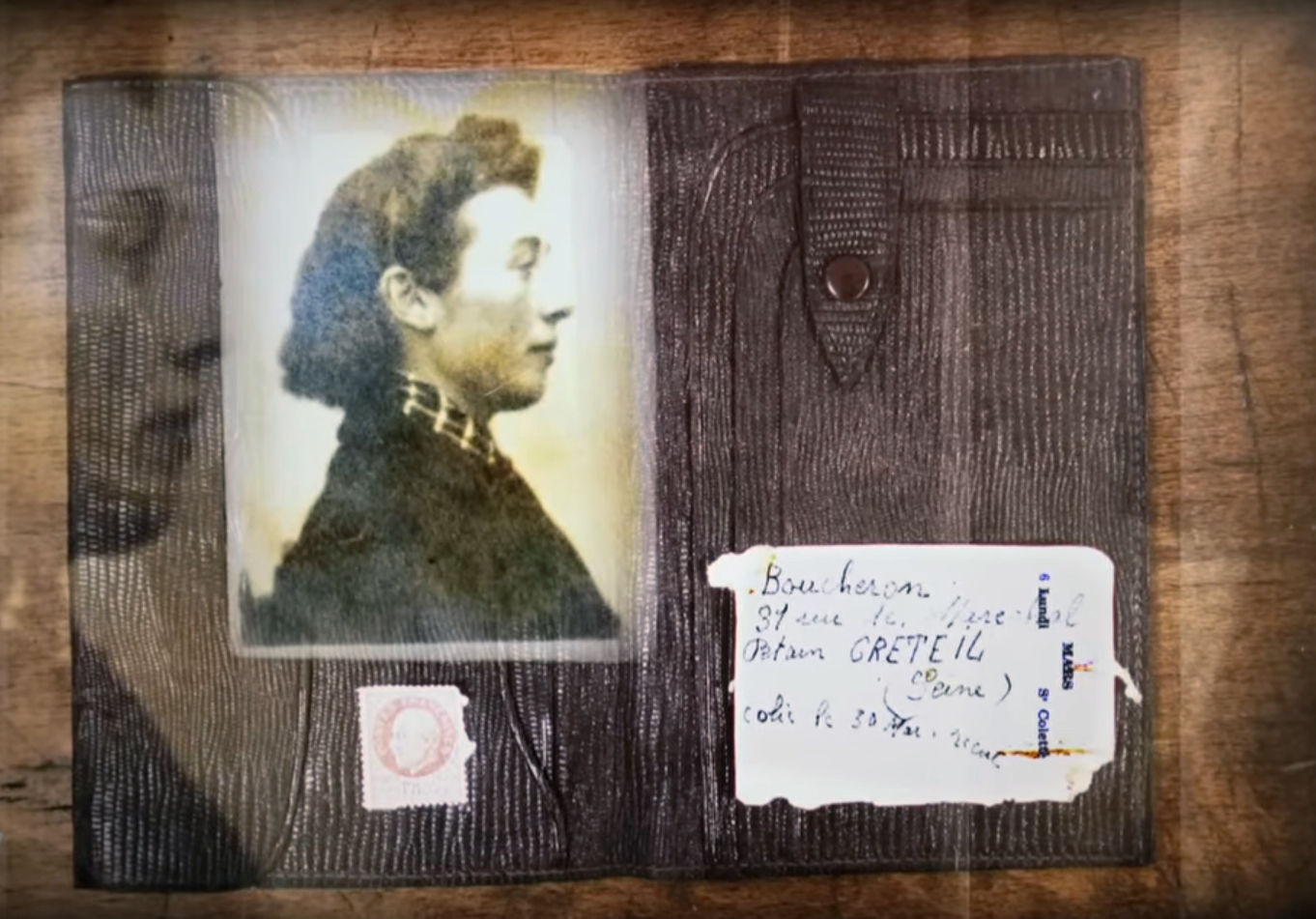The conquest of a past

You will have already noticed that the past is a field of conflict of the present, because historiographical debates cannot escape the present. In Euskal Herria, for example, the political and identity implications of both the theory of late Euskaldunization and the debates on the nature of the conquest of Navarra are evident.
The same thing happens in Spain. One of the hardest historiographical debates there is the Reconquista. The vast territories of the Iberian Peninsula were dominated between 711 and 1492 by Al-Andalus, the Muslim kingdom. It is called Reconquista the military campaigns of the Christian kingdoms of the north of the Iberian peninsula against Al-Andalus and the process of conquest that took place for centuries.
The truth is that the concept of Reconquista is more historical than historical. Apparently, the 19th century was not used. Until the twentieth century the Spanish nation-state began to be built. Conservative and Catholic Spanish nationalism turned to a common enemy to create a national identity, believing that Spain had been built in the “fight against Islam”. The common historical destiny of the Christian kingdoms of the Middle Ages, including the Kingdom of Navarre, would be to recover the territory unjustly stolen by the Muslims. Later, Francoist historiography and teaching reused and deepened the narrative of the Reconquista to give an epic air to Spanish nationalism.
According to historian Alejandro García Sanjuan, there are three historiographical positions around the Reconquista. Critics of the concept point to the need to dispense with the concept of Reconquista due to its structural ideological character. Likewise, in the Middle Ages it was not considered aware that they were part of a national historical destiny, but that it was a very long and complex process, full of discontinuities and setbacks, such as conflicts between Christian kingdoms or Muslim and Christian alliances.
Others consider the Reconquista to be an indisputable historical fact. Because, although at that time they did not use the same word, the elites of the Christian kingdoms used ideological justifications to legitimize their military expansionism by saying, among other things, that they were the direct sequelae of the Kingdom of Visigoths. Consequently, they intend to eliminate the retrograde ideological burden of the word Reconquista in order to use it without prejudice.
However, far from it, retrograde discourses on Reconquista, despite being in a minority in academic history, are increasingly present in society and politics. In recent decades we have imported from Arab and Muslim countries a cheap labour force and the rise of Islamic fundamentalism has provoked great excitement in the West. The extreme right has taken advantage of these two phenomena, together with the symbols of the Reconquista, to spread racism and xenophobia not only in Spain but also in the French Republic. Han Eric Zemmour Reconquête! It names your movement. It's no coincidence.
In the Chinese province of Shanxi, in a tomb of the Tang dynasty, paintings depicting scenes from the daily lives of the dead are found. In one of these scenes a blonde man appears. Looking at the color of the hair and the facial expression, archaeologists who have studied the... [+]
Carthage, from B.C. Around the 814. The Phoenicians founded a colony and the dominant civilization in the eastern Mediterranean spread to the west. Two and a half centuries later, with the decline of the Phoenician metropolis of Tyre, Carthage became independent and its... [+]
Salvador Puig Antich frankismoaren kontrako militantea izan zen. Askapen Mugimendu Iberikoko kidea, 1973ko irailaren 25ean atxilotu zuten. Gerra-kontseilua egin zioten, eta garrotez exekutatu zuten handik sei hilabetera, 1974ko martxoaren 2an. Aurtengo otsailean baliogabetu du... [+]
Rudolf Botha hizkuntzalari hegoafrikarrak hipotesi bat bota berri du Homo erectus-i buruz: espezieak ahozko komunikazio moduren bat garatu zuen duela milioi bat urte baino gehiago. Homo sapiens-a da, dakigunez, hitz egiteko gai den espezie bakarra eta, beraz, hortik... [+]
Böblingen, Holy Roman Empire, 12 May 1525. Georg Truchsess von Waldburg overthrew the Württemberg insurgent peasants. Three days later, on 15 May, Philip of Hesse and the Duke of Saxony joined forces to crush the Thuringian rebels in Frankenhausen, killing some 5,000 peasants... [+]
During the renovation of a sports field in the Simmering district of Vienna, a mass grave with 150 bodies was discovered in October 2024. They conclude that they were Roman legionnaires and A.D. They died around 100 years ago. Or rather, they were killed.
The bodies were buried... [+]
Washington, D.C., June 17, 1930. The U.S. Congress passed the Tariff Act. It is also known as the Smoot-Hawley Act because it was promoted by Senator Reed Smoot and Representative Willis Hawley.
The law raised import tax limits for about 900 products by 40% to 60% in order to... [+]








